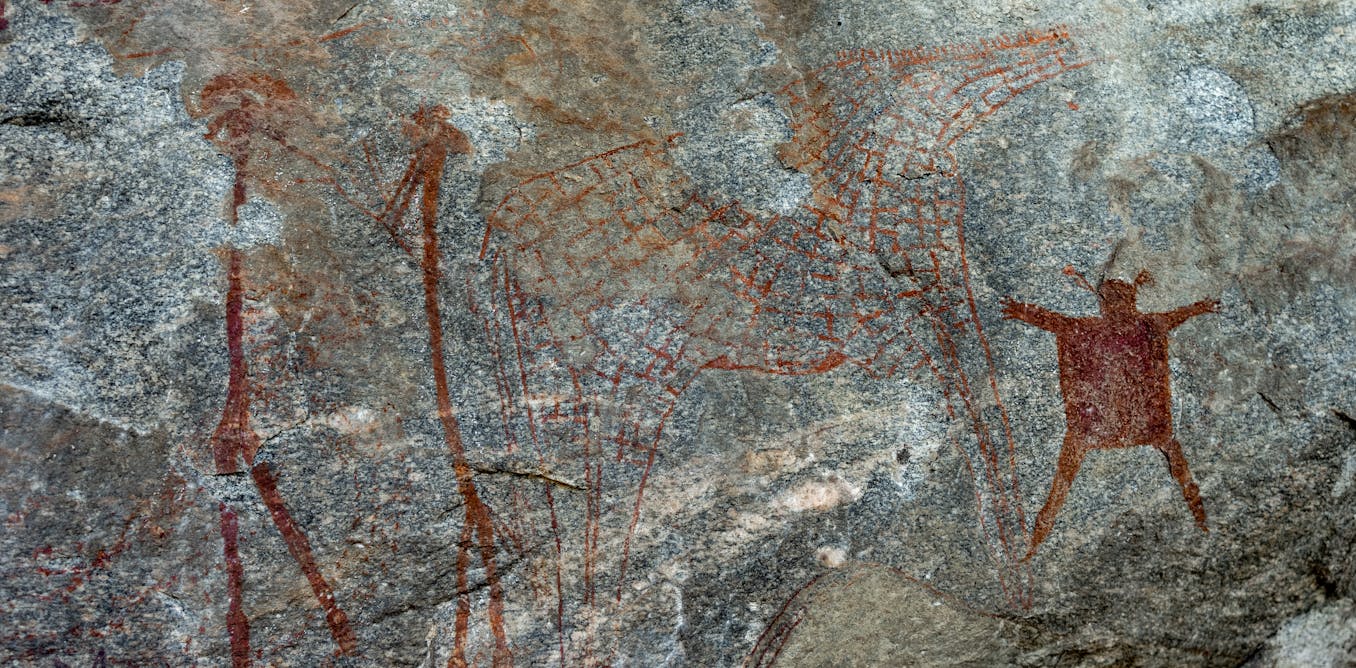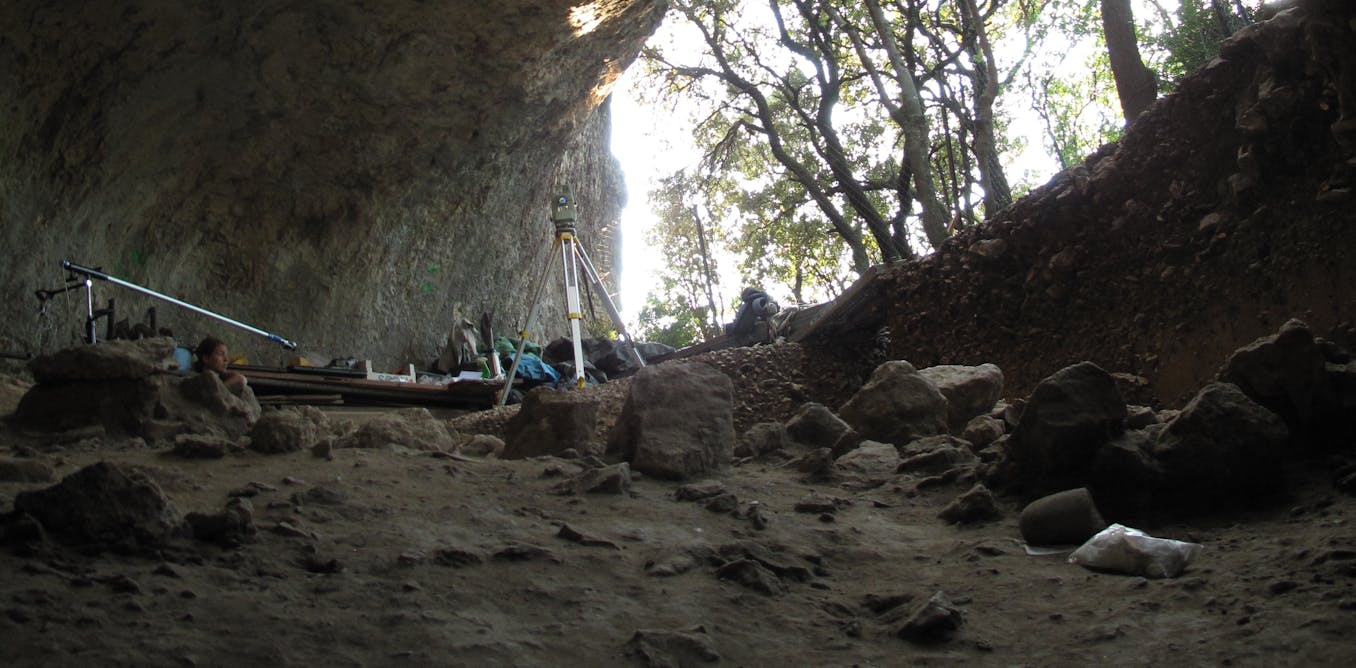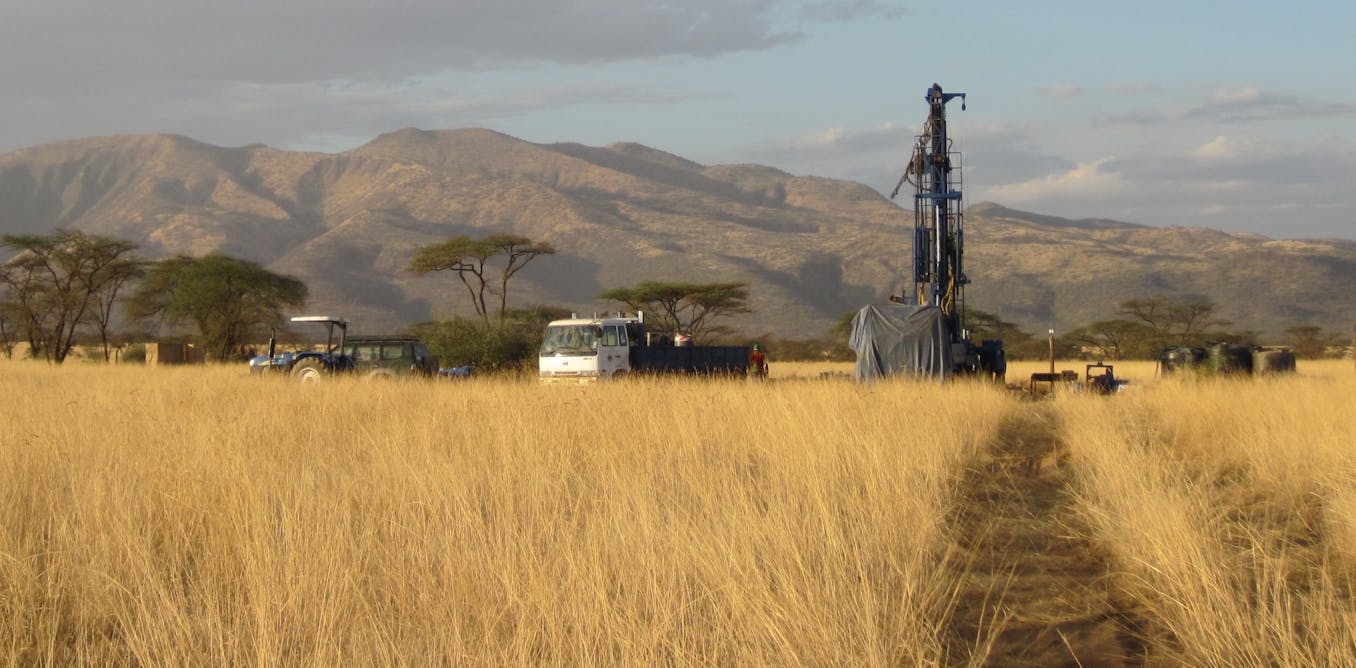What’s next for ancient DNA studies after Nobel Prize honors groundbreaking field of paleogenomics
Thousands of ancient genomes have been sequenced to date. A Nobel Prize highlights tremendous opportunities for aDNA, as well as challenges related to rapid growth, equity and misinformation.
Mary Prendergast, Associate Professor of Anthropology, Rice University •
conversation
Oct. 4, 2022 • ~8 min
Oct. 4, 2022 • ~8 min




